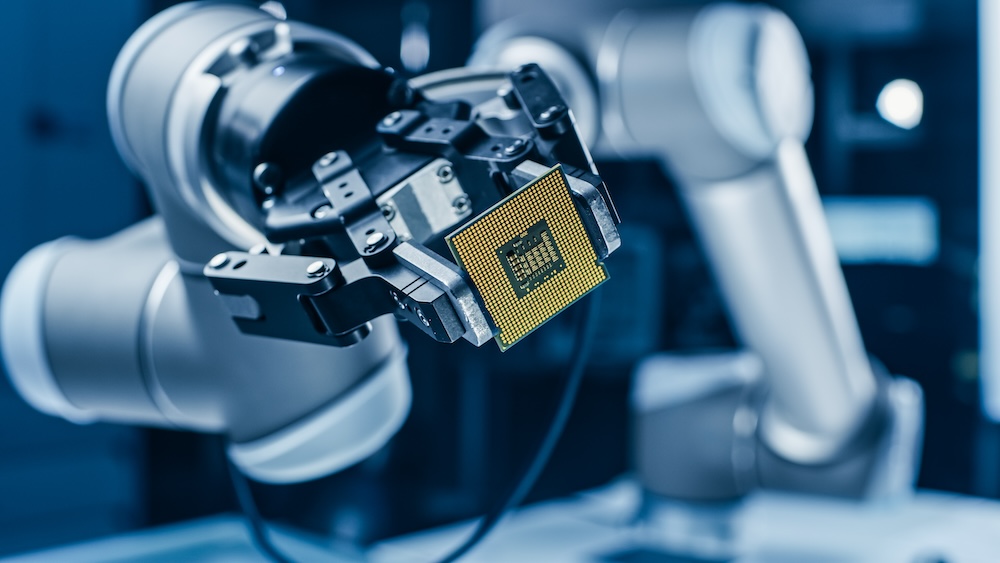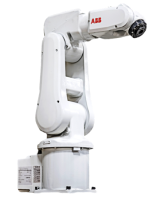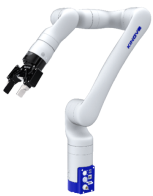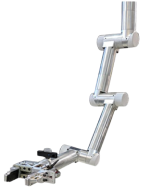
Worry Free ROS 2 Driver Development
The world’s most popular standard for interoperability of robotics hardware for advanced applications.
Why ROS?
The Robot Operating System (ROS) has become the defacto standard for robotics interoperability around the world, allowing mobile bases, arms, cameras, sensors, and algorithms from different vendors to communicate seamlessly together.
Learn more

What is a ROS Driver?
A ROS Driver is the software that enables hardware to communicate to the ROS ecosystem, through ROS messages, services, and actions. A ROS driver is the firmware, that typically runs on a kernel-based computer, that translates messages from ROS to whatever hardware communication is being used, be that Ethercat, Ethernet, USB, etc.
Our high quality ROS Drivers enable high frequency, low latency commands which are necessary for embodied AI models, closed loop control, and force sensitive motions.
Using a ROS Driver with MoveIt Pro unlocks many advanced capabilities:
- Variable speed trajectories (move fast in open spaces, move slower during placement)
- Greater control of jerk minimization, which is important with a heavy arm or payload
- Following collision free trajectories [generated by MoveIt Pro]
- Tracking moving objects (visual servoing) [who position is determined by MoveIt Pro]
- Force compliance for assembly tasks (requires FTS) [using MoveIt Pro JTAC]
- Force control for cutting/sanding/polishing tasks (requires FTS) [using MoveIt Pro VFC]
PickNik has made many ROS 2 Drivers
For top arm manufacturers on the market

Universal

ABB

Kinova

Motiv

ARKA

HDT

Your robot
We have also migrated large projects to ROS 2. Our experience is unmatched.
The Value of Creating a ROS Driver

Larger Market
Increase potential customer base for your product by tapping into the huge ROS market.

Happier Customers
By having a 1st class, official driver rather than a community supported driver with few guarantees on reliability and long term support.

Increased Awareness
By advertising to the open source community, which is popular with university students that later graduate to industry and remember your brand as they make future buying decisions.
There are many existing ROS drivers that were developed for ROS 1, however ROS 2 has gained significant adoption in the community. ROS 2 is a significant advancement of ROS 1, which tackles key architectural changes which industrial users of ROS 1 requested.
The many benefits of ROS 2 include:
ROS 2 network transport migrated from using a bespoke protocol to adopting Distributed Data System (DDS) based middleware. DDS is an established standard supporting secure data processing and extensive configuration options.
ROS 2 network architecture moved from a central discovery server to peer-to-peer discovery, making it more robust by removing the single point of failure.
ROS 2 made several core changes to adopt industrial grade tooling for threading, embedded systems, and interprocess communication.






